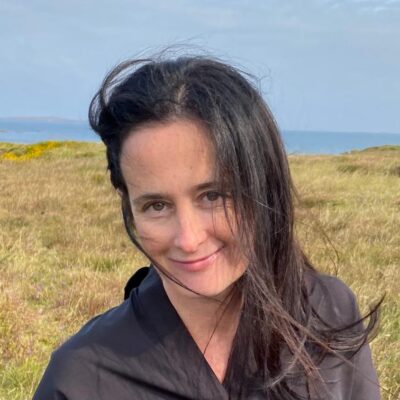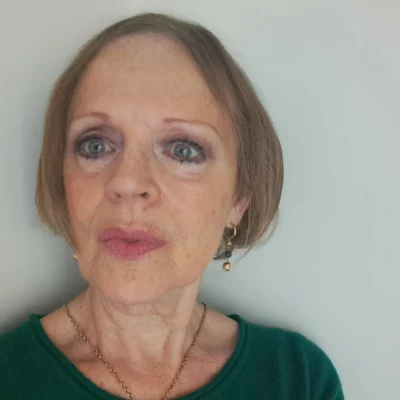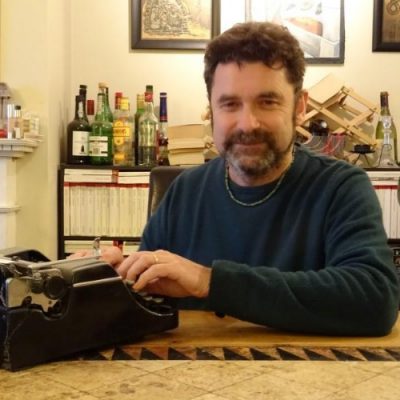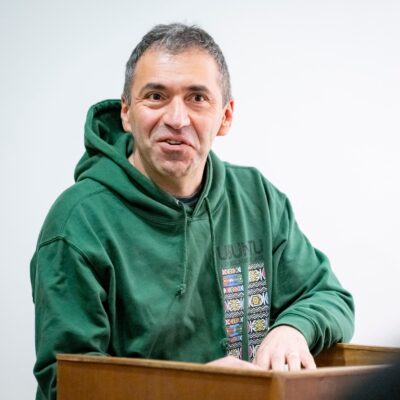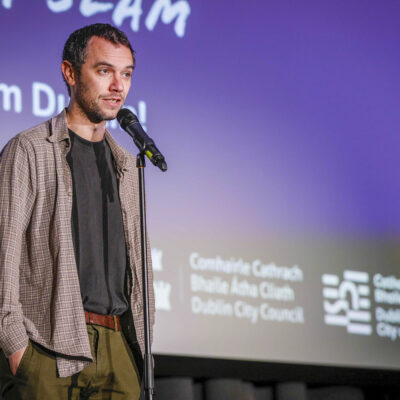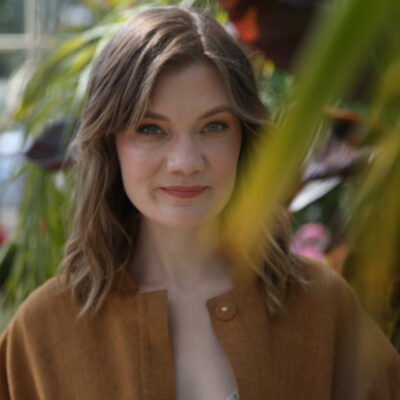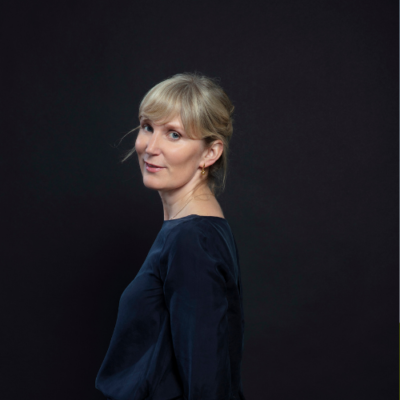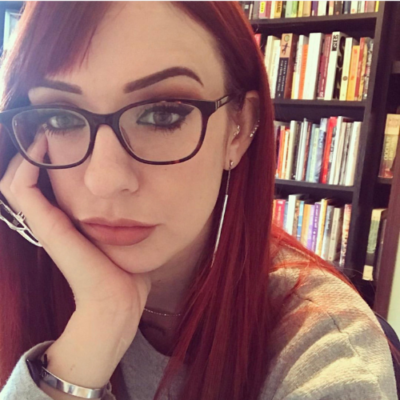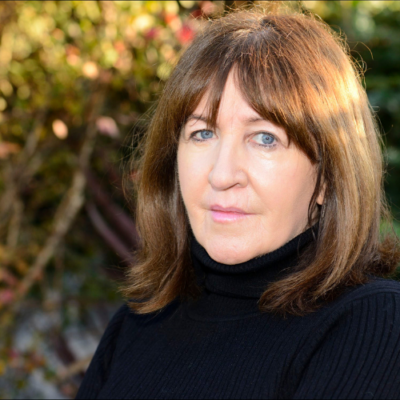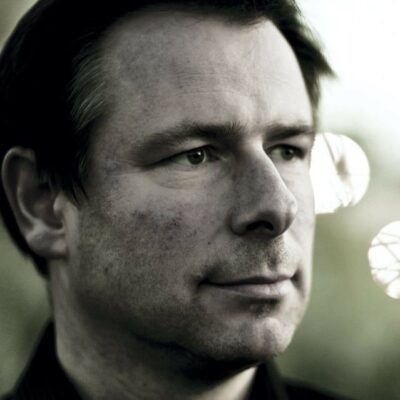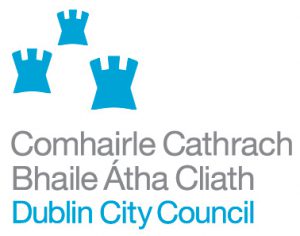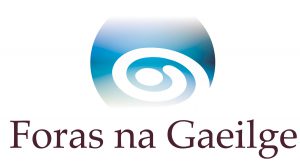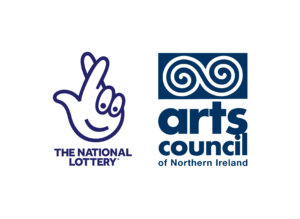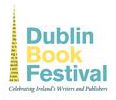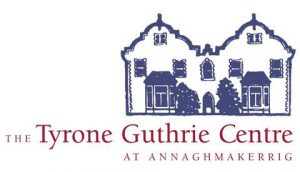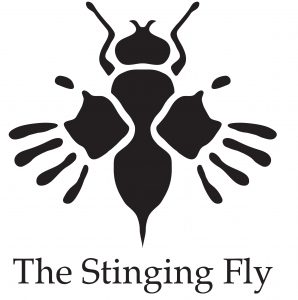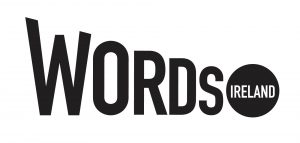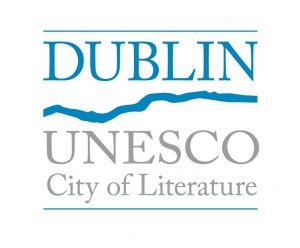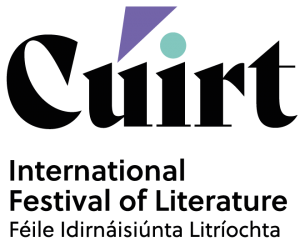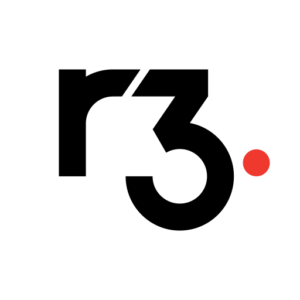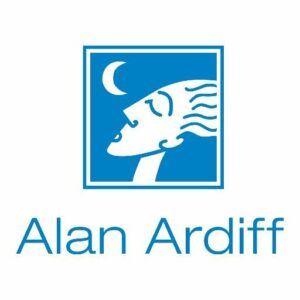
Deep Dive into the Short Story with Liz McSkeane
Info
Date: October 16, 2024
Time: 6.30pm - 8.30pm
Duration: 8 weeks
Cost: €240 (€220 Members)
This course will take place in person on Wednesdays (eight sessions in total).
Course Summary
This eight-week course is designed for writers who have been working on short stories for some time and are already familiar with the main elements of the form. The programme will explore a variety of story-telling techniques selected to support participants in honing their craft and adding complexity and depth to their work. Sessions will include: reading selected short stories; discussion in small and large groups; writing practice; and workshopping participants’ stories-in-progress, with a view to producing one story, completed or at an advanced draft, by the end of the course
Course Outline
Session 1: Story structure ‒ what are the differences between traditional and non-traditional narratives? Why, how, and when should we use them?
Session 2: Point of View ‒ explore a variety of approaches to first-, second- and third-person narrative and the effects each creates; handling free indirect style.
Session 3: The pros and cons of working with multiple viewpoints; creating an unreliable narrator.
Session 4: How to produce distinct effects of tone, voice and register that support character, plot and theme.
Session 5: Techniques for creating tension, mystery and hooking the reader
Session 6: Writing scenes: what are the elements of a scene? How to achieve pacing and balance within scenes, and between them.
Session 7: Drilling down into the sentence: refining the texture and rhythm of your prose.
Session 8: Using imagery, symbol and metaphor to add nuance and depth to your story.
Course Outcomes
At the end of this eight week course, participants will have achieved the following outcomes:
1.Explore the features and effects of different approaches to linear and non-linear storytelling,
2.Practise writing in first, second and third person narratives and using free indirect style.
3.Enhance awareness of, and sensitivity to, the impact of different stylistic choices.
4.Create complex characters and atmospheric settings that support plot and theme.
- Add depth and nuance to a story.
- Interrogate the authorial purpose and intentions underpinning a story.
- Develop a sensitivity to balance, rhythm and pacing to achieve particular effects.
- Read a variety of short stories which illustrate selected storytelling techniques.
- Gain experience in giving and receiving feedback in the workshop method, through collaboration and discussion with fellow participants
10. Produce at least one short story, finished or at an advanced stage.
Liz McSkeane is a writer and publisher. She has four collections of poetry, one novel and a collection of short stories. In 1999, she was overall winner of the Hennessy New Irish Writer of the Year for her poetry. Her historical novel Canticle was a joint winner in the Irish Writers Centre Novel Fair 2016. Liz has had a long career as an educationalist, including tutoring adult and higher education in a wide variety of subjects, including creative writing. She has just completed her second novel, Aftershock, set in the time of the 1755 Lisbon earthquake.
Booked out? To be added to the waiting list for this course, please email info@irishwriterscentre.ie.

